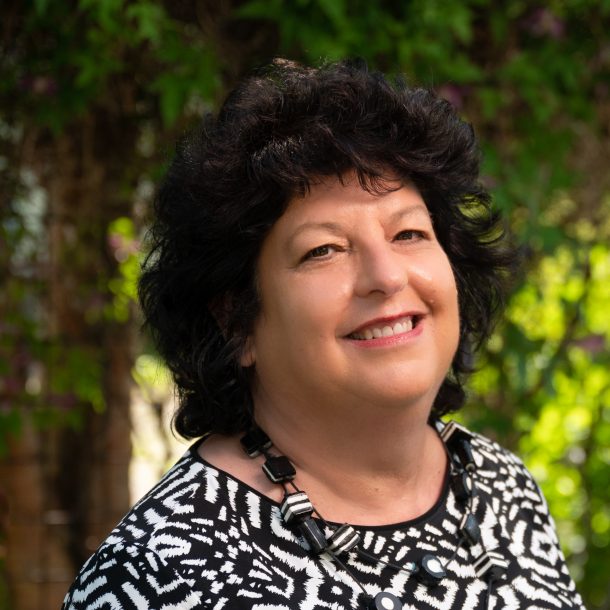A Supreme Court ruling that upheld President Trump’s removal of three Democrat-appointed commissioners from the Consumer Product Safety Commission will reverberate through other corners of federal governance, most notably in an ongoing legal standoff over control of the Corporation for Public Broadcasting.
The July decision in Trump v. Boyle affirmed the president’s authority to remove CPSC commissioners without cause, which applies to the administration’s efforts to oust Diane Kaplan, Laura Ross, and Thomas Rothman from the Corporation for Public Broadcasting board. All three were dismissed by the president in April but have refused to vacate their posts, citing statutory protections intended to shield CPB board members from political interference. Kaplan is the former longtime president of the Rasmuson Foundation in Alaska.
At the heart of both disputes is a constitutional question: How much control does the president have over independent agencies?
The Court’s decision in the CPSC case is a break from a long-standing precedent that protected officials of independent agencies from at-will removal by the president. In recent months, the justices have chipped away at that doctrine, ruling in favor of presidential authority in two other major cases — one involving the National Labor Relations Board and another targeting the Merit Systems Protection Board.
In the Corporation for Public Broadcasting case, the Trump Administration relies on the same legal logic. Its lawsuit argues that the president, as the nation’s chief executive under Article II of the Constitution, must be able to remove federal officers—appointed or otherwise—who no longer reflect the administration’s priorities or policies.
Though the Corporation for Public Broadcasting is structured as a nonprofit under DC law, it was created by Congress and receives federal appropriations. Like the CPSC, it was designed to operate independently, with board members typically insulated from direct political pressure. Both entities include statutory language limiting removal to instances of “neglect of duty” or “malfeasance.”
The CPSC commissioners — Mary Boyle, Alexander Hoehn-Saric, and Richard Trumka Jr. — made arguments similar to Kaplan and her colleagues, claiming their dismissals violated these protections. In both instances, initial lower court rulings sided with the ousted officials, invoking Humphrey’s Executor as a safeguard against executive overreach.
However, the Supreme Court’s new interpretation significantly shifts the balance, signaling that such protections may no longer be legally enforceable where executive authority is concerned.
The Corporation for Public Broadcasting oversees the disbursement of federal funds to public radio and television stations nationwide, including more than 100 outlets that broadcast to 13 million Americans. It plays a key role in shaping media access and public discourse. It defines the public narrative.
The outcome of the public broadcasting litigation, now backstopped by the Supreme Court’s decision in the CPSC case, will likely determine whether this expanded presidential authority becomes the new norm across the federal government.
Kaplan said, “my selection for the board was mainly based on my long service as CEO of Alaska Public Radio Network, not my foundation work. I held the board’s radio seat which is mandated in CPB’s enabling legislation.”
